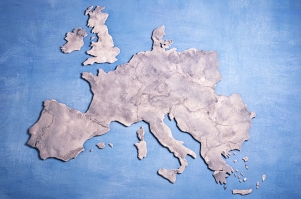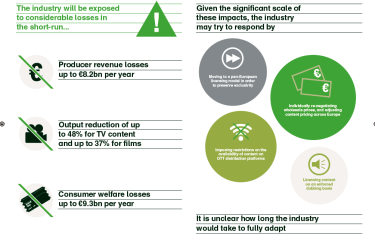EU researc h ministers have published a commitment to make “open access to scientific publications as the option by default by 2020.” The decision was taken during a meeting of the Competitiveness Council, which is made up of ministers from the EU’s member states. In addition, ministers agreed “to the best possible reuse of research data as a way to accelerate the transition towards an open science system.”
h ministers have published a commitment to make “open access to scientific publications as the option by default by 2020.” The decision was taken during a meeting of the Competitiveness Council, which is made up of ministers from the EU’s member states. In addition, ministers agreed “to the best possible reuse of research data as a way to accelerate the transition towards an open science system.”
The formal “conclusions” of the meeting define open access to publications as “free availability on the public Internet, permitting any users to read, download, copy, distribute, print, search, or link to the full texts of these articles, crawl them for indexing, pass them as data to software, or use them for any other lawful purpose, without financial, legal, or technical barriers.”
Source: Open access should be the norm for EU by 2020, say research ministers | Ars Technica




